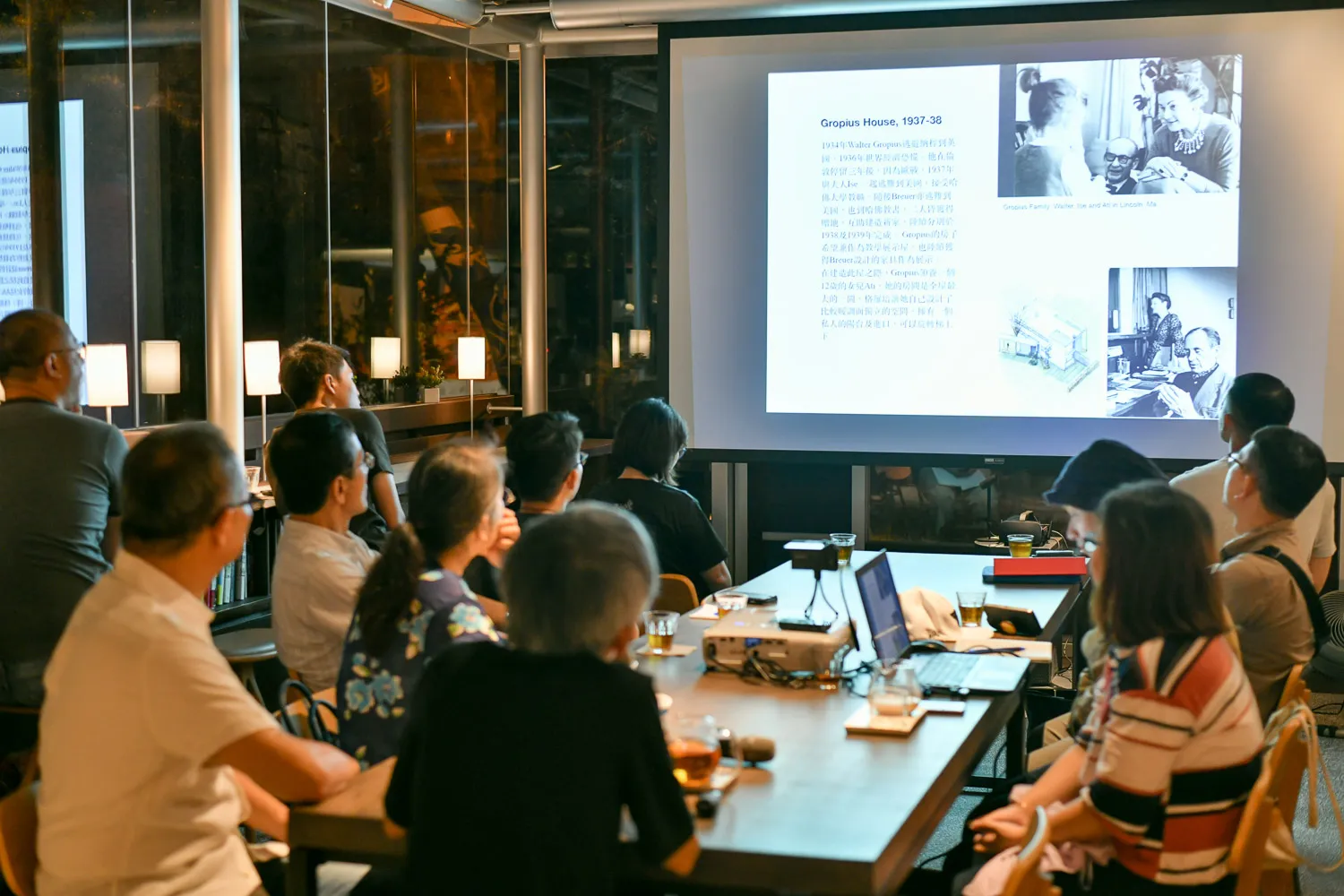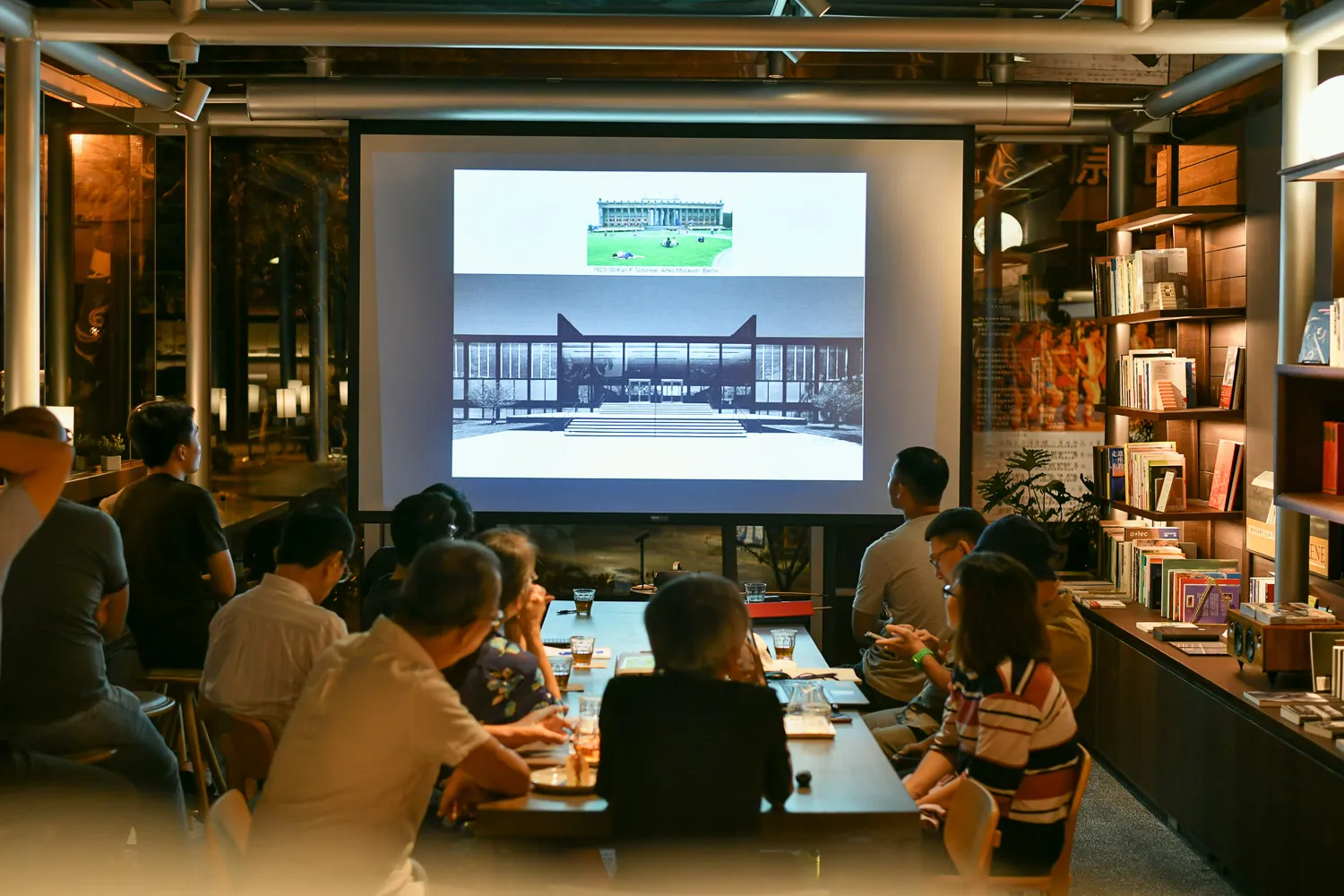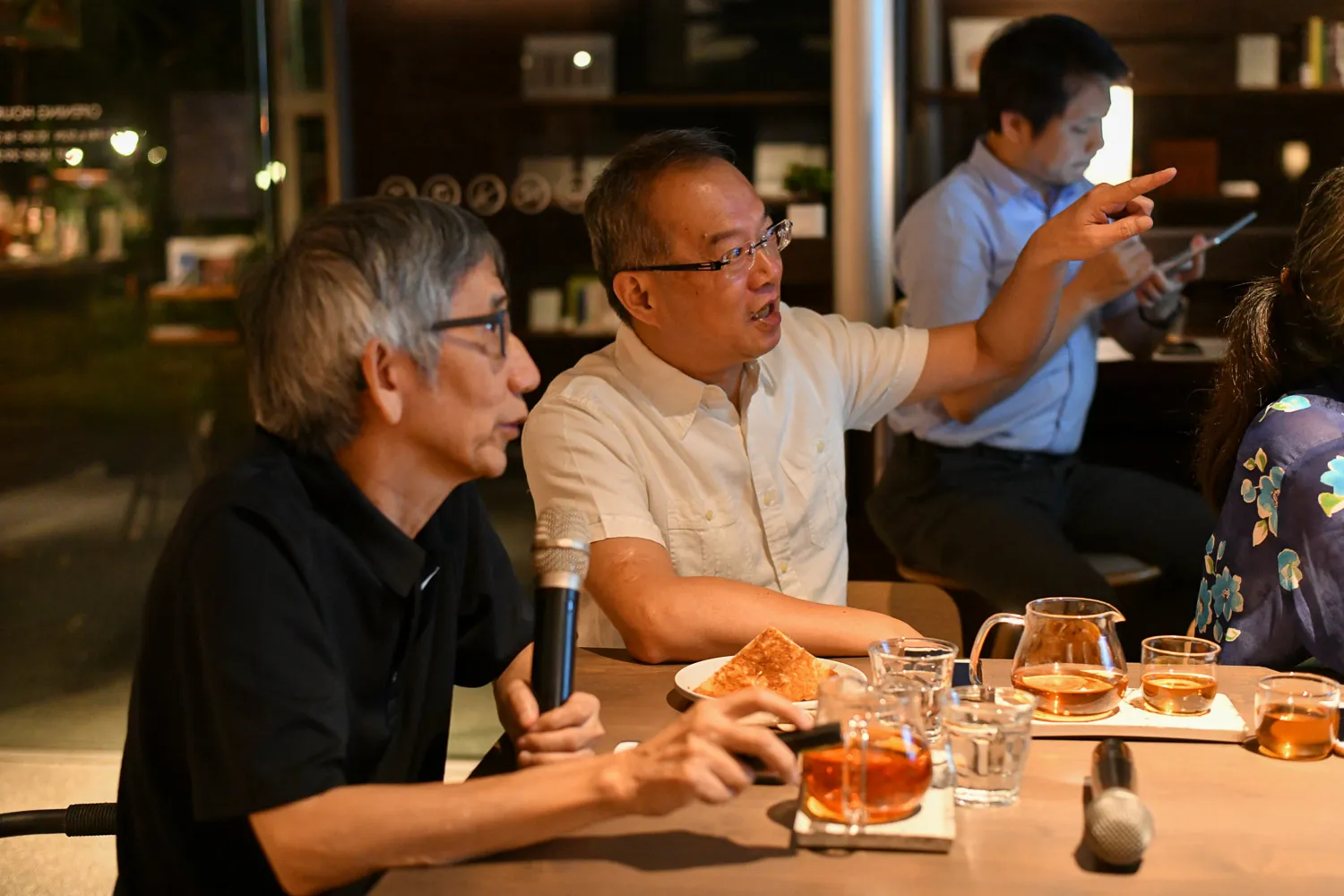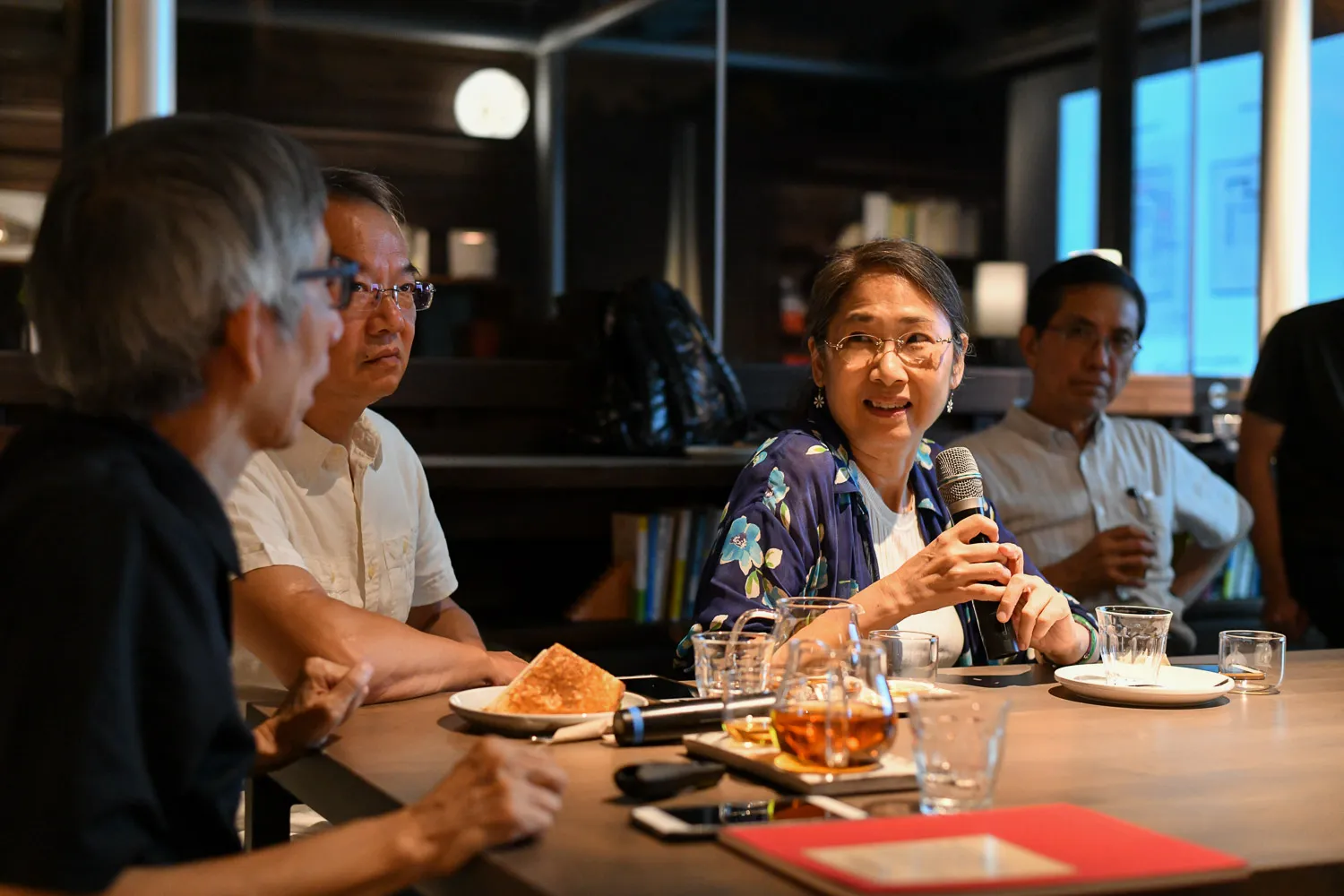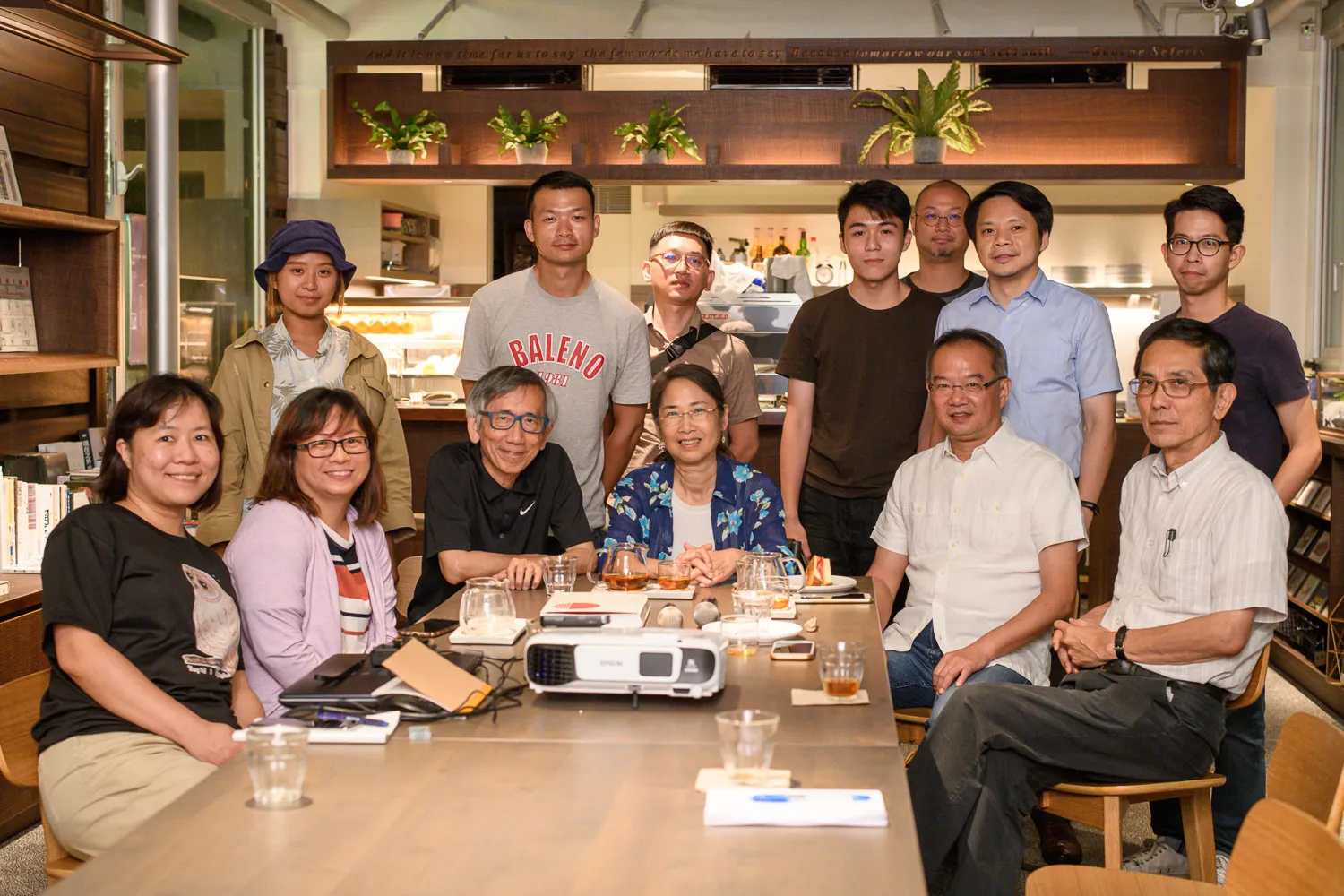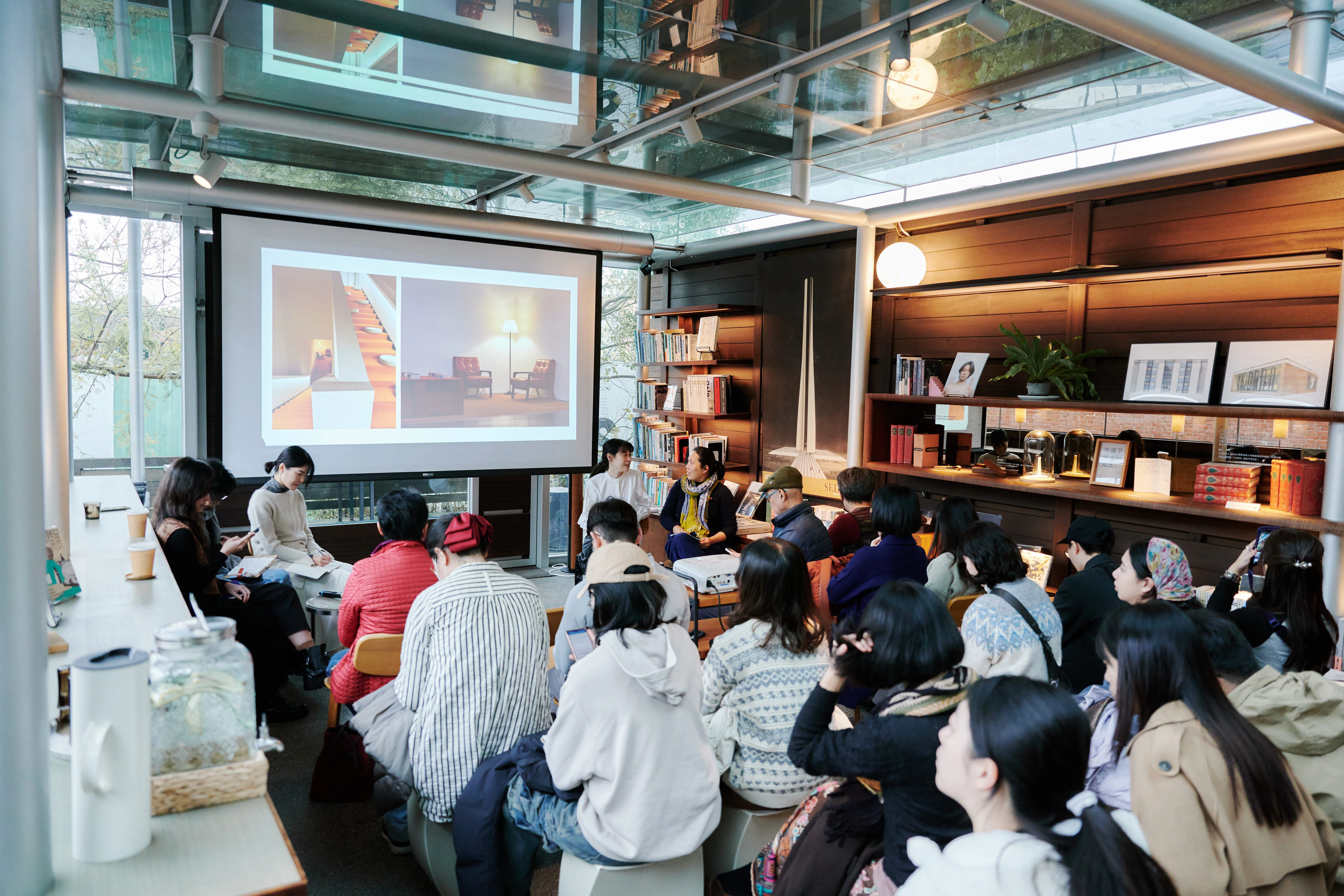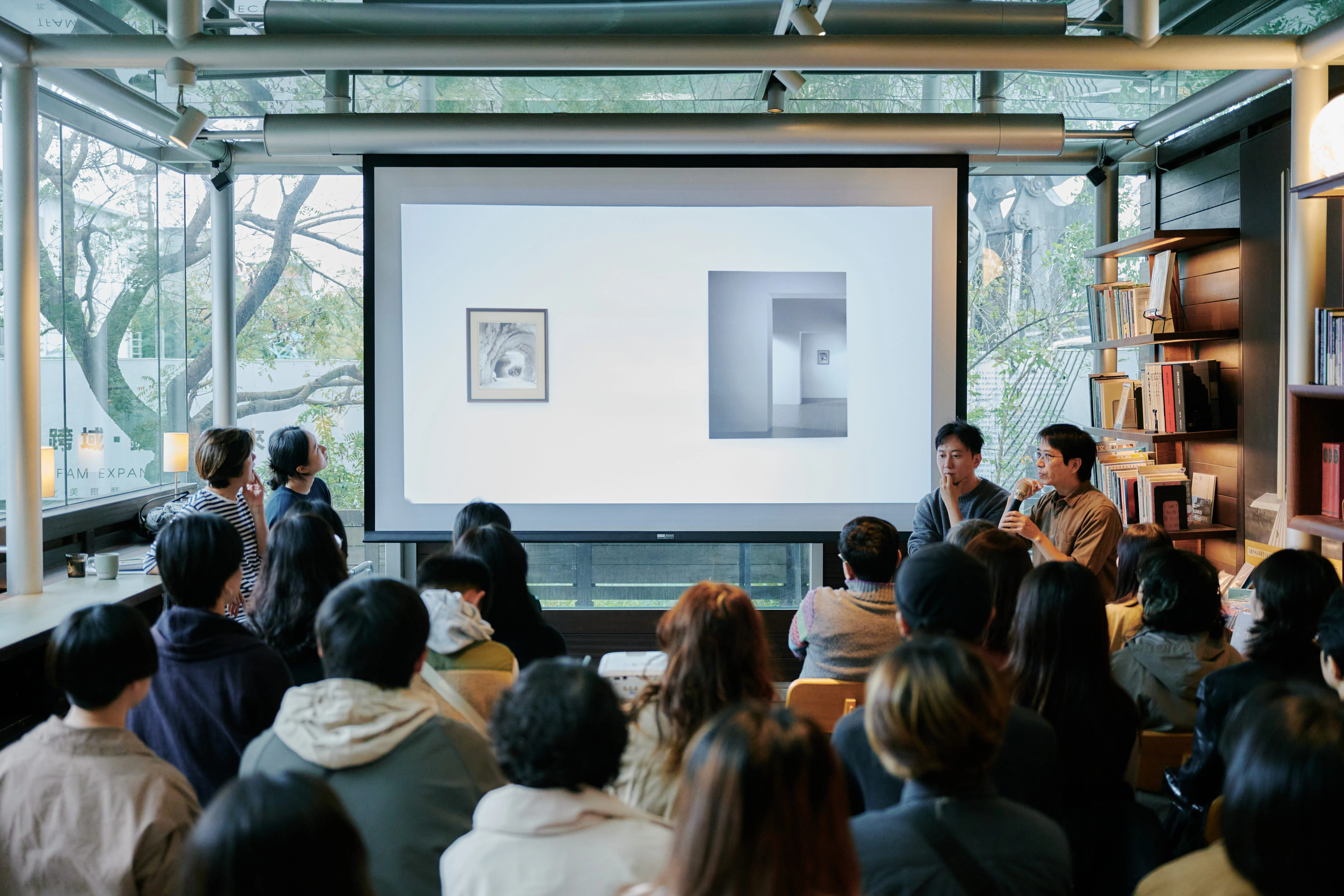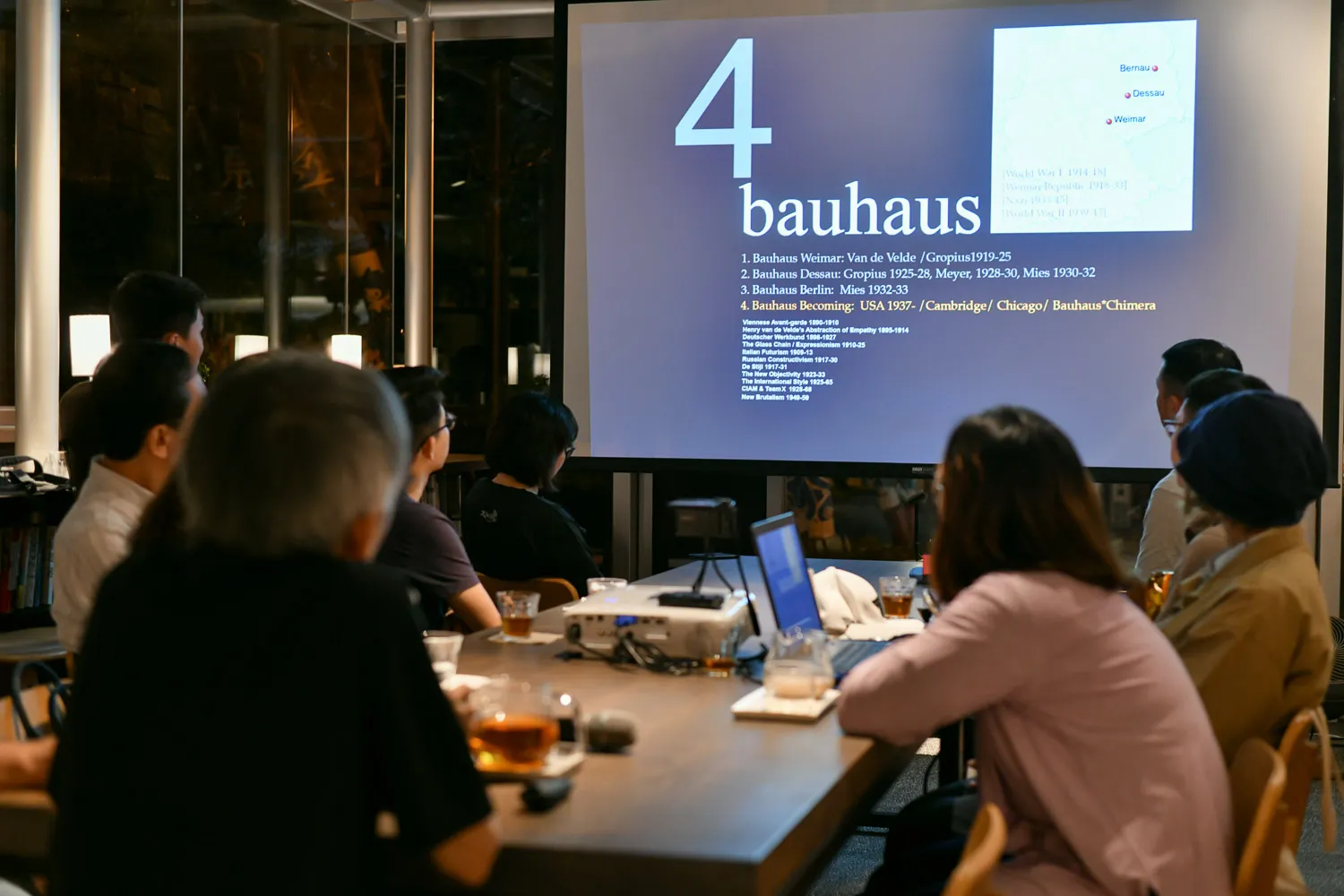
Lecture Series on Bauhaus Centenary and the 1st Memorial Anniversary of Da-Hong Wang| Theme 3: The Chimera Group and the Bauhaus—The Bauhaus in Post-War America + Remembering the Chimera Group
Speakers
Chao-Lee Kuo Founder, Taiwan Alliance for Arch Modernity
Location
DH Café (No. 153, Section 3, Zhongshan North Road, Zhongshan District, Taipei City)
Fee
One lecture for $500, including special snacks (sandwiches, desserts, drinks), and 10% discount on event book purchases.
Introduction
Da-Hong Wang was passionate about the arts. In the past, at his home on Jianguo South Road and at Honglu, he frequently invited fellow enthusiasts from the literary and artistic circles for cross-disciplinary exchanges. Much like the Bauhaus, he organized a small group named “Chimera” (named after the mythical hybrid creature with the head of a lion, the body of a goat, and the tail of a serpent). Regular participants included Tsang-Houei Hsu (music), Liang-Hui Kuo (literature), Yuyu Yang (sculpture), Jing-Shan Lang (photography), De-Jinn Shiy (painting), among others. When Wang founded the group, he subtitled it “A Bauhaus Organization in Free China,” revealing a profound influence from figures like Gropius and Mies.
This year marks the centennial of the Bauhaus (1919-2019). To kick off this series of cultural events, the DH Café has specially curated a thematic series, titled “The Chimera Group and the Bauhaus,” to explore their relationship. This session's topic is “The Bauhaus in Post-War America + Remembering the Chimera Group.”
Event Review
In the United States, Mies continued to advocate for a universal idealism of modernist architecture through standardization and industrialization. Between 1951 and 1952 at IIT, he developed the Core House concept: a square glass box supported by four external columns, topped with a continuous flat roof. The interior was entirely free-form—spaces defined not by walls but by furniture, curtains, or lightweight partitions placed around a fixed service core. Using a 3-foot modular grid on the site with minimal structural constraints, the layout could adapt to the varied needs of families.
Wang Da-Hong’s residence on Jianguo South Road in 1953, based on a 2-foot modular system, appears to be influenced by Mies’s Core House principles. In the concluding session of a lecture series, his daughter Wang Yi-Ren and son Wang Shou-Cheng—who spent their childhood in the house—are invited to share personal reflections on Bauhaus education and memories of their father and the residence.
Though both the Bauhaus and Wang Da-Hong now belong to history, the intellectual dialogues unfolding at the restored residence and bookshop continue the spirit of Wang Da-Hong—just as his work once carried forward the legacy of Bauhaus.
